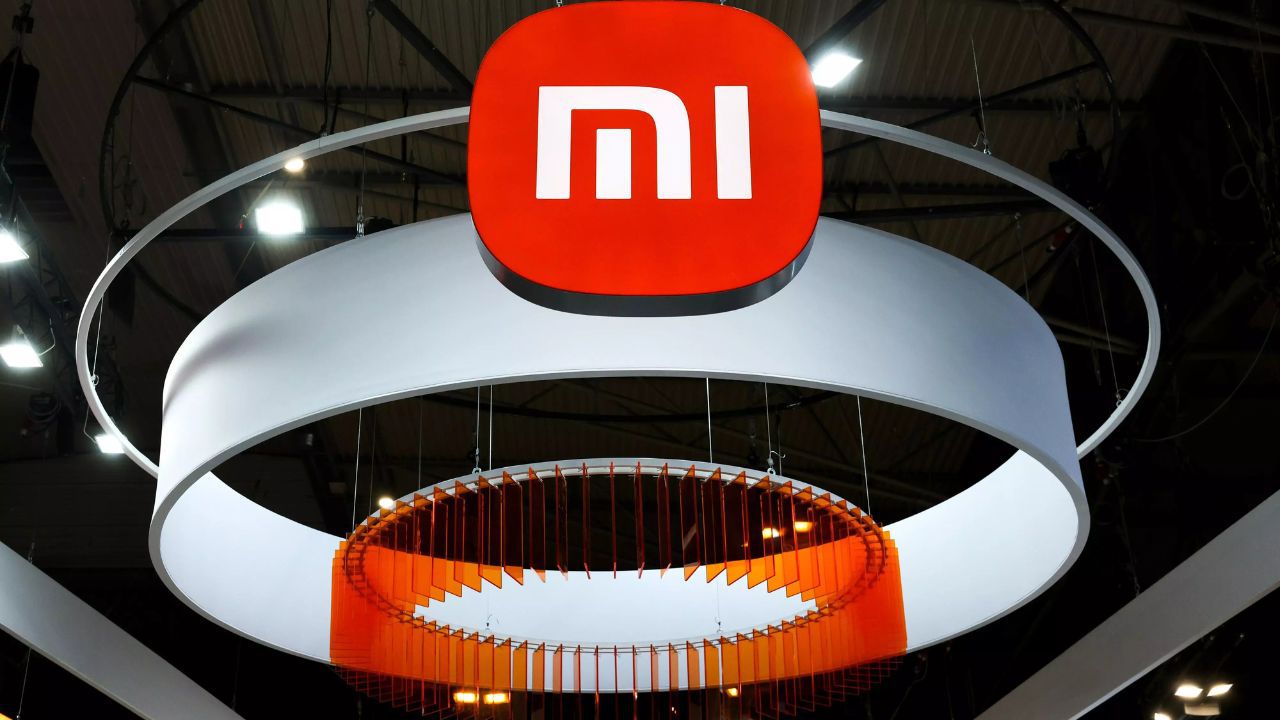In a significant move to bolster its technological capabilities, Chinese tech giant Xiaomi has announced a substantial investment of at least 50 billion yuan ($6.93 billion) into chip design over the next decade, commencing in 2025. This strategic initiative was disclosed by Xiaomi's founder, Lei Jun, on the social media platform Weibo and subsequently confirmed by a company representative to Reuters.
Advancing In-House Chip Development
Xiaomi has already funneled 13.5 billion yuan into the development of its advanced mobile chip, the XringO1. This chip, designed internally using ARM architecture and manufactured by TSMC on its advanced 3-nanometer process, signifies Xiaomi's renewed focus on mobile chip development. The company's chip design team now comprises over 2,500 personnel, underscoring its commitment to in-house semiconductor innovation.
Read more about: Uber's Bold Leap: Entering India's B2B Logistics via ONDC
Reducing Dependence on Foreign Suppliers
Xiaomi's foray into chip design is part of a broader strategy to reduce reliance on foreign chipmakers like Qualcomm and MediaTek. By developing proprietary chips, Xiaomi aims to enhance its self-sufficiency and stand out in an Android market predominantly led by Qualcomm customers. Mass production of the in-house designed chip is expected to begin in 2025.
Aligning with National Tech Goals
This investment aligns with China's broader push for self-sufficiency in technology, particularly in semiconductors, amid ongoing tensions with the United States. Chinese officials have repeatedly urged local firms to minimize dependence on overseas technology. Xiaomi's move is seen as a step towards achieving this national objective.
Expanding into Electric Vehicles and AI
Beyond smartphones, Xiaomi has been expanding into electric vehicles (EVs) and artificial intelligence (AI). The company recently launched its SU7 electric sedan and plans to introduce the YU7 electric SUV, positioning itself as a competitor to Tesla in China. Additionally, Xiaomi has pledged significant investments in AI development, recognizing its importance in future technological advancements.




